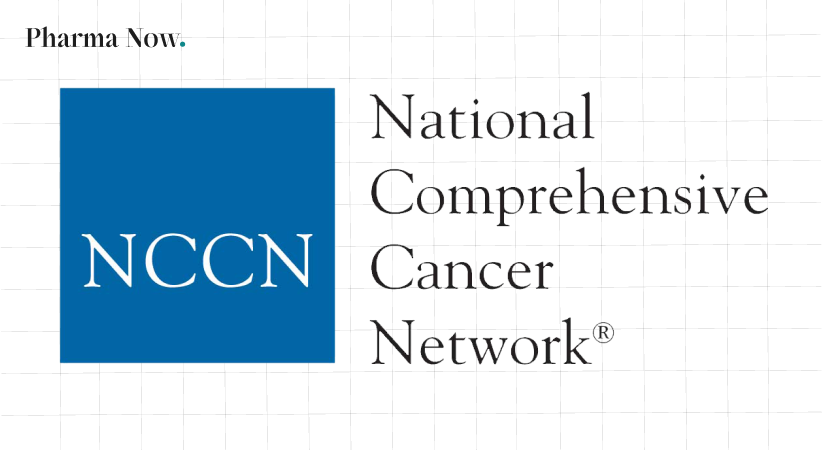NCCN Adds Syndax’s Revumenib To AML Guidelines For NPM1-Mutated Relapsed/Refractory Patients
Syndax’s revumenib recommended by NCCN for relapsed/refractory NPM1-mutated AML, backed by AUGMENT-101 trial data.
Breaking News
Sep 22, 2025
Vaibhavi M.

Syndax Pharmaceuticals, a commercial-stage biopharmaceutical company focused on advancing novel cancer treatments, announced that the National Comprehensive Cancer Network® (NCCN®) has updated its Clinical Practice Guidelines in Oncology for Acute Myeloid Leukemia (AML) to include revumenib as a Category 2A recommendation for patients with relapsed or refractory (R/R) AML harboring an NPM1 mutation (mNPM1).
This update is based on pivotal findings from the AUGMENT-101 trial, published in Blood in 2025, which demonstrated positive outcomes for revumenib in this patient population. Revumenib is already included in the NCCN Guidelines as a Category 2A recommendation for R/R acute leukemia with KMT2A rearrangements.
“The inclusion of revumenib as a recommended treatment option for R/R NPM1 mutated AML in the NCCN Guidelines underscores the strength of our clinical data in this population and further solidifies revumenib’s leading position. Given the pivotal role NCCN Guidelines play in guiding the decision-making process for clinicians, payers, patients, and other key stakeholders in the U.S. and beyond, this is a major milestone for Syndax and the entire acute leukemia community,” said Nick Botwood, MBBS, Head of Research & Development and Chief Medical Officer at Syndax.
Syndax has submitted a supplemental New Drug Application (sNDA) to the U.S. Food and Drug Administration (FDA) seeking approval of revumenib for R/R mNPM1 AML. The sNDA has received Priority Review status with a Prescription Drug User Fee Act (PDUFA) target action date of October 25, 2025. The NCCN, an alliance of 33 leading cancer centers, develops evidence-based resources to support patients, clinicians, and healthcare stakeholders in delivering effective cancer care.
